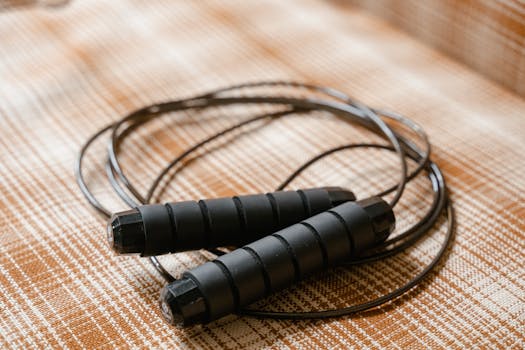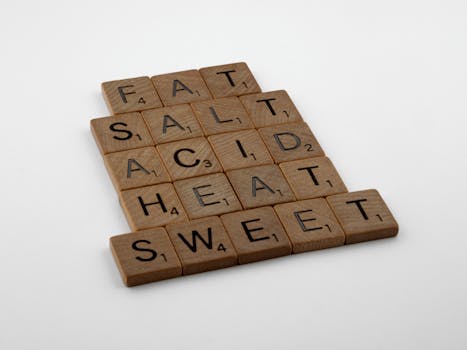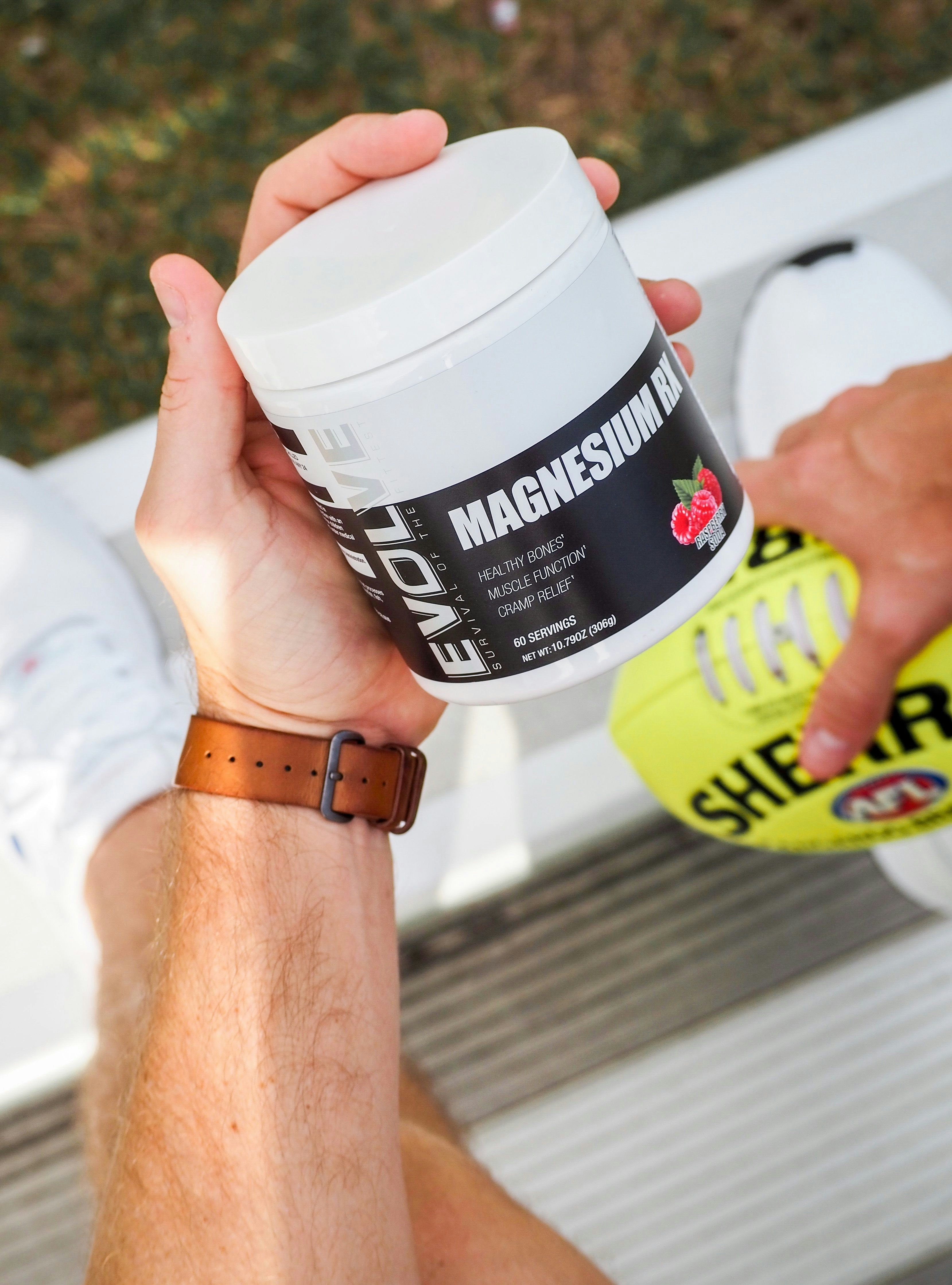Can You Squirt After Menopause? Embracing Intimate Changes
Nov 20, 2024
As women navigate the transformative journey of menopause, they often encounter various physical and emotional changes, including shifts in their intimate experiences. One topic that frequently arises is the ability to squirt after menopause. This natural phenomenon, also known as female ejaculation, can be a source of curiosity and concern for many women entering this new stage of life.
Understanding Squirting and Menopause
What Is Squirting?
Squirting refers to the expulsion of fluid from the Skene's glands, also known as the paraurethral glands, during sexual arousal or orgasm. This fluid is distinct from vaginal lubrication and urine. While not all women experience squirting, it is a natural response that some women may have during intense sexual stimulation.
The Impact of Menopause on Intimate Health
Menopause is a natural biological process marking the end of a woman's reproductive years, typically occurring between ages 45 and 55. During this transition, the body undergoes significant hormonal changes, primarily a decline in estrogen and progesterone levels. These hormonal shifts can affect various aspects of health, including:
Vaginal Dryness: Reduced estrogen can lead to decreased vaginal lubrication.
Changes in Sexual Desire: Fluctuating hormones may impact libido.
Altered Sensation: Changes in blood flow and tissue elasticity can affect sexual pleasure.
Can You Squirt After Menopause?
The ability to squirt after menopause varies among women. Some may continue to experience squirting as before, while others might notice changes due to hormonal fluctuations and physical alterations associated with menopause.

Factors Influencing Squirting After Menopause
Hormonal Changes:
Estrogen Decline: Lower estrogen levels can lead to vaginal dryness and reduced glandular secretions.
Testosterone Levels: Although present in smaller amounts, testosterone influences sexual desire and may affect squirting ability.
Pelvic Floor Muscle Strength:
Muscle Tone: Aging and hormonal changes can weaken pelvic floor muscles, which play a role in sexual response.
Exercises: Strengthening these muscles through Kegel exercises can enhance sexual function.
Blood Flow and Nerve Sensitivity:
Circulation: Decreased blood flow can affect arousal and the physical ability to squirt.
Nerve Endings: Changes in nerve sensitivity may alter sexual sensations.
Emotional and Psychological Well-being:
Stress and Anxiety: Emotional health significantly impacts sexual response.
Body Image: Feeling confident and comfortable with bodily changes can influence intimacy.
Embracing Intimate Changes After Menopause
Open Communication and Self-Exploration
Talk to Your Partner: Open discussions about desires, concerns, and changes can enhance intimacy.
Explore New Sensations: Menopause can be an opportunity to discover different aspects of sexual pleasure.
Use Lubricants: High-quality, water-based lubricants can alleviate dryness and enhance comfort.
Prioritizing Self-Care and Well-being
Stay Physically Active: Exercise improves circulation and boosts mood.
Healthy Diet: Nutrient-rich foods support hormonal balance and energy levels.
Stress Management: Practices like yoga, meditation, or deep-breathing exercises can reduce stress.
Personalized Support with Getlila's Health Coaching
At Getlila, we understand the importance of embracing the changes that come with menopause. Our personalized health coaching programs are designed to support women through this transitional phase, addressing physical, emotional, and psychological aspects of well-being.
Expert Guidance: Work with certified personal trainers and nutritionists who specialize in menopausal health.
Tailored Plans: Receive customized fitness and nutrition programs that cater to your unique needs.
Holistic Approach: Benefit from a comprehensive strategy that includes stress management, sleep optimization, and sexual health.
Related Questions
Does a Woman Still Get Wet After Menopause?
Yes, but vaginal lubrication may decrease due to lower estrogen levels. Many women experience vaginal dryness, which can make sexual activity uncomfortable. Using lubricants or vaginal moisturizers can help alleviate this symptom.
Do You Go Back to "Normal" After Menopause?
Menopause marks a new phase rather than a return to previous hormonal levels. While some symptoms may diminish over time, the hormonal changes are permanent. However, many women adapt and find a new sense of normalcy with the right support and lifestyle adjustments.
How Do You Know When You Have Finished Menopause?
Menopause is clinically defined as going 12 consecutive months without a menstrual period. After this point, a woman is considered postmenopausal. Regular check-ups with a healthcare provider can help monitor this transition.
Conclusion
The ability to squirt after menopause is a highly individualized experience influenced by hormonal changes, physical health, and emotional well-being. While some women may notice changes in their ability to squirt, others continue to experience this natural phenomenon.
Embracing the intimate changes that come with menopause involves:
Understanding Your Body: Recognize that changes are natural and can be navigated with patience and care.
Seeking Support: Don't hesitate to consult healthcare providers or professional coaches for personalized advice.
Fostering Communication: Open dialogue with partners enhances mutual understanding and intimacy.
Empower Your Journey with Getlila
At Getlila, we are committed to empowering women to embrace their menopausal journey confidently. Our AI-driven personal training solutions offer:
Customized Workouts: Designed to suit your fitness level and goals.
Nutritional Guidance: Personalized meal plans that support hormonal health.
Ongoing Support: Regular check-ins and adjustments to keep you on track.
Take the first step towards a vibrant and fulfilling life after menopause. Connect with Getlila today and discover how our personalized programs can help you navigate this new chapter with energy and grace.
Ready to Simplify Weight Loss?
Download the Lila app or visit getlila.com to start your journey. Experience the power of an AI-driven approach designed to adapt to your changing body and unique needs. Embrace holistic weight loss with Lila—because you deserve to feel strong, confident, and truly yourself again.
Disclaimer: This article is for informational purposes only and does not substitute professional medical advice. Consult a healthcare provider for personalized recommendations.
You should not have to do it all on your own











